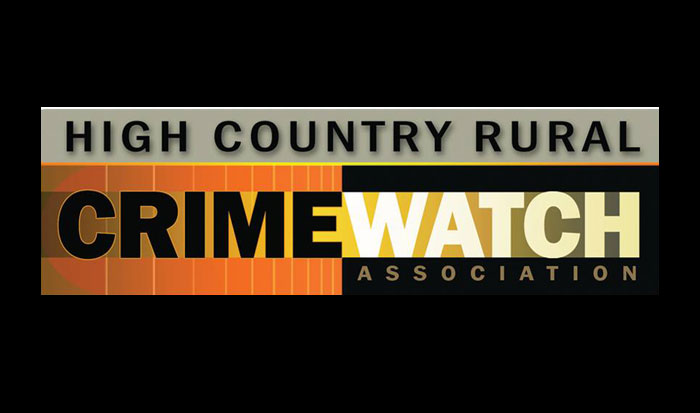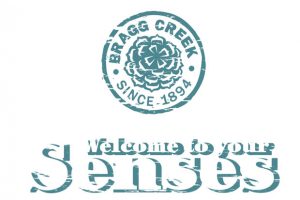Landowner & Hunter Rights
This is an updated article of one I wrote last year at this time. With hunting season there will be many unfamiliar vehicles and people in our area making the identification of suspicious ones more complicated. Vehicles will be pulled off onto roadsides, into approaches or cruising our roadways. If you are a landowner and/or hunter, it is important know the laws and rights with respect to hunting and private land. It is quite likely that we will see increased presence of hunters this year given the rising cost of food and the fact hunting is a pleasurable, social distancing activity.
Where most of you reading this article live, Wildlife Management Units 212, 310 & 312, hunting season is in full swing. Bow season (hunting with a bow only) commenced on or around September 1st and will continue until about October 31st. Rifle season commences generally on November 1st and goes for a month but there are variances for different types of big game. For the most part, hunting is allowed seven days a week. Game bird and migratory fowl have their own seasons.
Hunting regulations in Alberta have become quite involved over the years and if hunting is prevalent in your area it doesn’t hurt for landowners to review them to be familiar with what rights hunters and landowners have and don’t have. You can find the regulations online at www.albertaregulations.ca/huntingregs/
Permission from a landowner is required for a hunter to hunt and/or to enter private land. A trespassing hunter can be charged and can lose the animal they’ve harvested. More than 200 hunters are prosecuted in Alberta each year for not having landowner permission. It is generally NOT required that your land be posted with “No Hunting” signs. However it is a good idea to place signs at places that are as visible as possible on the perimeter of your land.
If a hunter wounds an animal “there is a moral obligation to pursue wounded game and a legal requirement to ensure game is retrieved and not wasted or abandoned, these obligations do not override the legal requirement to get permission to enter private land.”
If you have illegal hunters/trespassers it is best to leave the handling of the situation to either the police or to call the Report a Poacher line at 1-800-642-3800. The trespasser’s vehicle should be somewhere nearby so obtain the license plate number. If it’s possible to safely use your phone to record a video of the incident it can be used as evidence. I had a conversation with a fisheries biologist a few years ago who urged me to report illegal fishing informing me a reward can be forthcoming if a charge is laid – a conviction is not necessary.
It is unlawful to “discharge a weapon within 183 m (200 yards) or cause a projectile from a weapon to pass within 183 m (200 yards) of any occupied building. Owners, occupants, or persons authorized by the owner or occupant are excepted.”
It is unlawful to “discharge a firearm from or cause a projectile from a firearm to pass along or across a) a provincial highway, b) a road that is paved, oiled, graded or regularly maintained”.
Hunting is only allowed from a half hour prior to sunrise to a half hour after sunset.
The hunting regulations have a table which denotes the official sunrise/sunset times.
It needs to be noted that harassing hunters is against the law, and you can be charged for such.
It is illegal to use drones for hunting purposes.
I am aware of a situation where a couple of middle-aged males were parked in the ditch on a hilly gravel road resulting in blind spots. An HCRCWA member stopped and had a conversation with them but things didn’t seem quite right so he took the license plate number and called it in to the RCMP. (He later determined they were target practicing with a bow along the road allowance.) A constable called him back for more information
and said he would call the registered owner of the vehicle and advise him of the inappropriateness and dangerousness of that activity along a public road. These calls do get followed up.
If you call the Report a Poacher line which is available 24 hours/day, 7 days/week, “You can remain anonymous. However, investigations are often more successful if you provide your contact information so that an officer can follow up with you for more details. Any personal information you provide is kept confidential”.
As usual, if something/somebody strikes you as being suspicious, record the particulars and call it in. Wildlife Conservation Officers and the RCMP cannot be everywhere, and if you don’t call it in, they won’t know.
Dave Schroeder
HCRCWA Board Member























